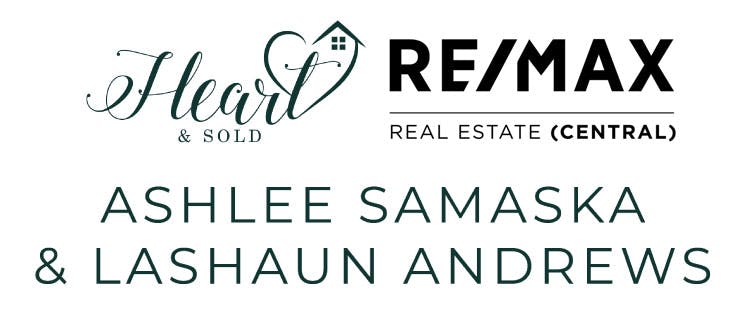In Canada, Homeowners’ Associations (HOAs) are not as widespread as in some other countries, like the United States, but they do exist, particularly in certain types of residential developments. HOAs are more commonly found in planned communities, condominiums, and townhouse complexes. Properties within an HOA enjoy added benefits like enhanced amenities and community management. HOAs play a key role in improving your living experience. These associations establish and enforce community rules. They are responsible for tasks such as snow removal, garden upkeep, and pool maintenance, all contributing to a higher standard of living. However, this luxury comes with additional costs, and savvy homebuyers should be mindful of these expenses. Understanding these costs is crucial, as they impact your budget in the long run. HOAs are instrumental in maintaining the community’s ambiance and evenly distributing the costs of significant repairs and improvements among residents. Before purchasing a home, it’s important to familiarize yourself with the HOA’s role and responsibilities.
Fees and Increases
When evaluating the monthly fees of the HOA, it’s vital to understand what these fees cover. Do they include utilities, insurance, and maintenance costs? Consider the extent of the maintenance services. Are they limited to communal areas, or do they extend to individual units as well? Investigate the history of fee increases to spot any trends or significant jumps. The rationale behind any fee increases is key. Are they due to tangible community improvements or merely adjustments for inflation? This can tell you a lot about how effectively the HOA manages its funds. These details can give you a clearer picture of what financial commitments you might face in the future.
Financial Health
Delving into the financial health of the HOA requires a detailed approach. Start by requesting and reviewing the HOA’s financial statements and reserve fund studies. It’s important to ensure that the reserve fund is well-equipped for future maintenance and repair needs. Pay attention to how consistently the reserve fund is contributed to. Irregular contributions might suggest management challenges or a hesitancy to implement necessary fee increases. Also, scrutinize any debts or liens against the HOA. These could be signs of past underfunding or poor financial management, potentially leading to higher dues or one-time levies to address shortfalls.
HOA Rules and Regulations
Reviewing the bylaws and rules of the HOA is crucial to understanding how they might align with your lifestyle. Take a close look at the guidelines on property use, pet policies, noise control, and other regulations that could affect your day-to-day life. Also, it’s important to know about any fines for rule violations and how the HOA enforces these rules. Digging into an HOA’s bylaws can give you a deeper insight into the community’s character. Look for any unusual or very specific rules, as these often reflect past challenges that the community has faced. For instance, detailed pet policies might reveal the community’s particular concerns about animal behaviour and living harmoniously with neighbours. The way rules are enforced can also tell you a lot about the community’s vibe—is the approach collaborative and understanding, or more punitive? This can help you get a sense of how life within the HOA might fit with your personal values and lifestyle.
Meeting Minutes and Governance
To get a better sense of what’s happening in the HOA, request copies of recent meeting minutes. This will show you the current topics of discussion and how decisions are being made. Familiarize yourself with the HOA’s governance structure, including how board members are chosen and the regularity of their meetings. Understanding the timing of board elections and how often the board meets can give you important insights into the HOA’s efficiency and responsiveness. For instance, a board that meets only occasionally might be slow in addressing pressing issues, while one that meets too frequently could indicate a tendency towards micromanagement or a lack of efficiency. The atmosphere of these meetings and the frequency of board member changes can also reveal a lot about resident engagement and overall satisfaction. These nuances can be key to understanding the HOA’s culture.
Rental Policies
If you’re considering renting out your home, it’s essential to know the HOA’s stance on rentals. Many HOAs have specific rules or limits on the number of rental properties allowed. When looking into the HOA’s rental policies, it’s important to see how these rules might affect your ability to rent out your property. Some associations not only restrict the number or proportion of rental units but may also have thorough vetting processes for potential tenants. This could influence how easily you can find renters. Be on the lookout for any clauses or rules that might work in your favour or pose a disadvantage. Plus, it’s a good idea to get a feel for how renters are perceived and treated within the community. The relationship between owners and renters can impact the appeal of your property as a rental and, consequently, its potential to be profitable.
Ultimately, being part of a homeowners’ association is about more than just the fees—it’s an investment in a better quality of life and long-term security for your home.
Our RE/MAX agents are ready to guide you through every part of your home-buying journey, from browsing the latest listings to making the final deal. Let our team make your experience seamless and stress-free. Contact your local RE/MAX agent today!

